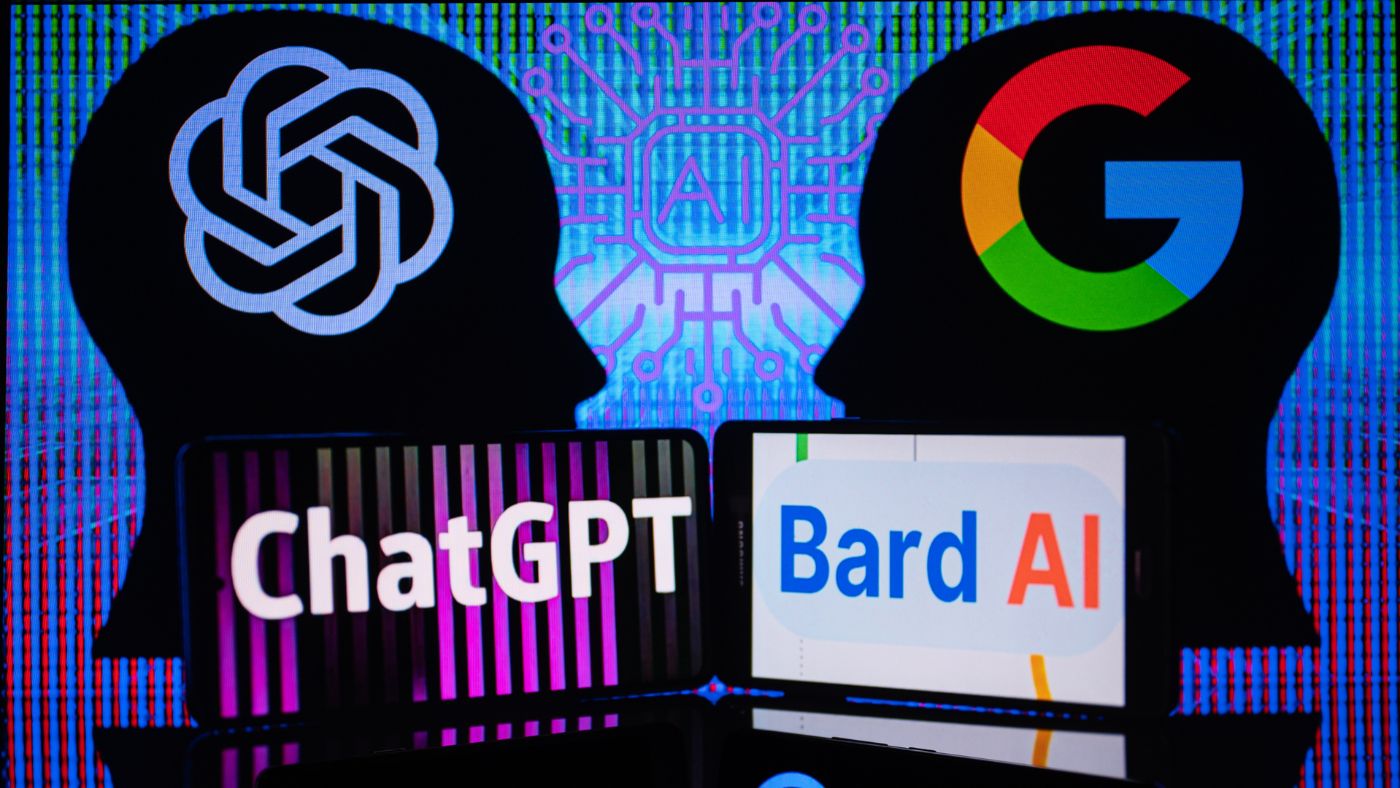
In the 1850s the California gold rush brought more than 300,000 people to the west coast of the US in search of their fortune. There’s another one taking place this year – in the field of artificial intelligence.
“The AI ‘gold rush’ is here,” The Washington Post exclaimed. Companies are “racing to be part of the next big hit in the field and taking drastic action to do it”.
AI investment has risen consistently over the past six years. A new report from Writerbuddy.ai found that investment rose from $12.75bn in 2015 to $93.5bn in 2021 – a remarkable 633.33% increase, reported TechRound.
In announcing 12,000 job losses across the company recently, Google’s parent, Alphabet, said the cuts were necessary if it wants to “bet big” on areas like artificial intelligence.
Brad Smith, the vice chair and president of Microsoft, wrote a blog post earlier this month suggesting that the AI revolution had arrived significantly earlier than most analysts has predicted. “AI developments we had expected around 2033 would arrive in 2023 instead,” he wrote.
‘Cool and clever applications’
Impressive original artworks as well as poems, essays and other pieces of writing generated by AI have overrun social media in recent months.
A few companies specialising in what has been called “generative AI” have between them raised hundreds of millions of pounds, “spurring a hunt for a new generation of AI unicorns”, said Wired.
One of those, Stability AI, held a party in San Francisco recently to announce $101m in new funding, which would value the company at $1bn. At the event were familiar names from the tech industry including Google co-founder Sergey Brin.
Artificial intelligence has an array of potential applications. Generative AI companies are already “working on applications including generating music, game development, writing assistants, customer service bots, coding aids, video editing tech, and assistants that manage online communities”, Wired said.
In 2022, venture capitalists invested “at least” $1.37bn in generative AI start-ups, according to PitchBook data, which amounts to almost as much as the five previous years combined.
“This is just like a gold rush,” said Russ Altman, associate director of Stanford’s Institute for Human-Centered AI. “We’re going to continue to see things that are really cool and clever, but they won’t be perfectly well-thought-out with respect both to the business model and to the potential long-term damages or impacts on society.”
‘Serious regulatory challenges’
As pointed out by tech commentator Tod Pedler on Medium, Joseph Schumpeter’s theory of creative destruction suggests that over time, new innovations emerge to replace existing ones that are rendered obsolete over time. Consequently the current AI revolution could mean that “some of today’s technology titans could potentially fall”, Pedler said.
There are also potential human costs to the rapid innovation, said VentureBeat. “The past week’s AI and Big Tech news, from outsourced labour to layoffs and lawsuits, provided a sober reminder of the human side of the generative AI storyline that I can’t – and enterprise businesses shouldn’t – simply ignore.”
“I think I know why artificial intelligence is breaking our all-too-human brains,” said Peter Coy in The New York Times. “It’s coming at us too fast.”
“We don’t understand what’s happening inside the black boxes of A.I., and what we don’t understand, we understandably fear,” Coy added. “Ordinarily we count on lawmakers and regulators to look out for our interests, but they can’t keep up with the rapid advances in A.I., either.”
The question of regulation of AI is a concern of lawmakers around the world, but how to do it is not immediately obvious. AI creates “serious regulatory challenges due to the way it is funded, researched and developed”, said Kate Jones, Marjorie Buchser and Jon Wallace at the London-based think tank Chatham House.
The private sector is currently driving progress in AI, but “without government oversight the future application of AI’s extraordinary potential will be effectively outsourced to commercial interests. That outcome provides little incentive to use AI to address the world’s greatest challenges, from poverty and hunger to climate change,” the analysts said.
There are also concerns about how AI will impact the development of robots and how it will be used in war.
“New technologies unfortunately typically bring out both the best and worst in people,” said Microsoft president Brad Smith. And according to NYT’s Peter Coy, “it will take an all-out effort to beat back the worst and bring forth the best”.


